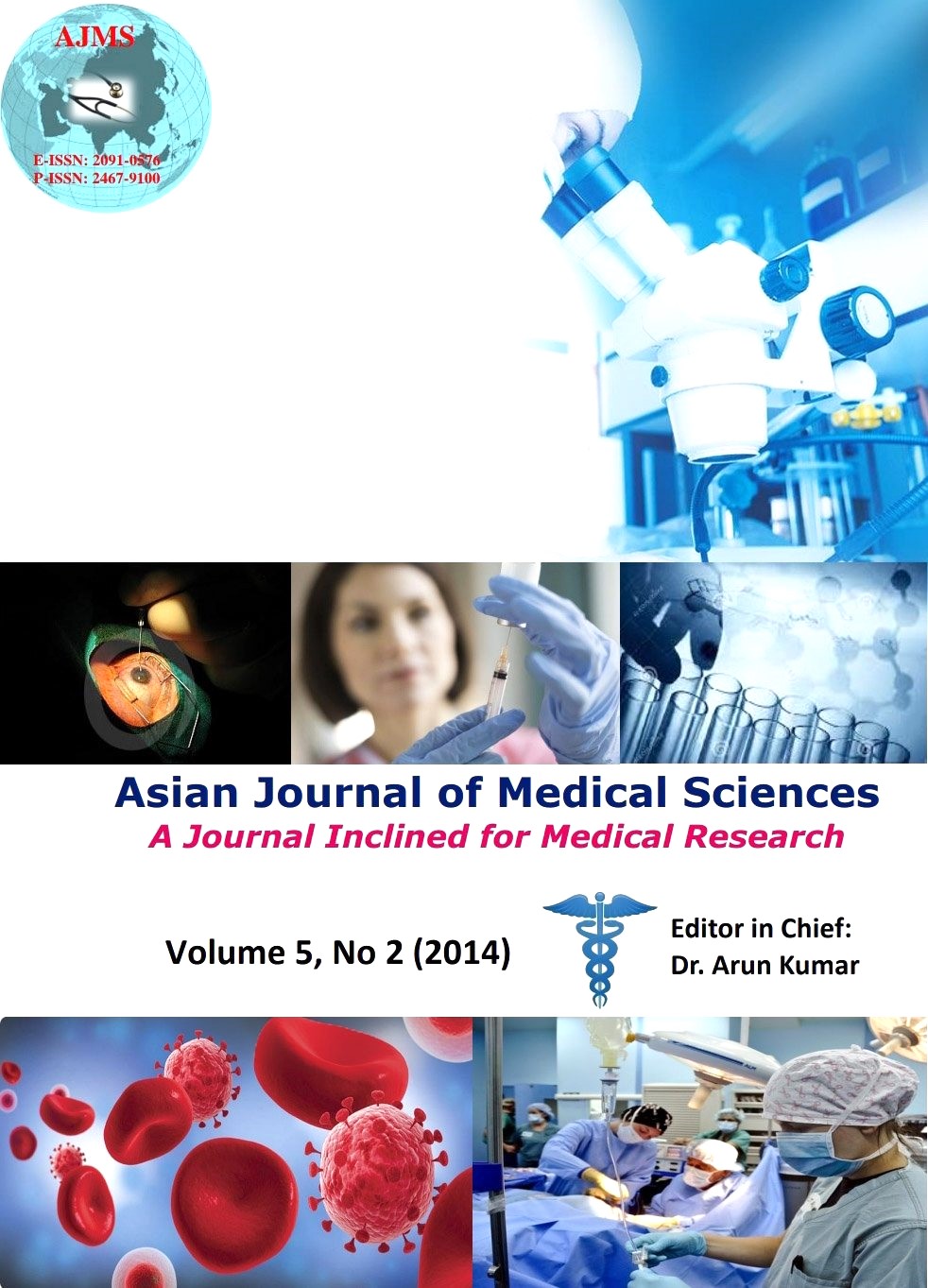Pharmacology Curriculum and Career Option in dental and Basic Medical Sciences: Graduating Dental Students’ Perspective under Kathmandu University in Nepal
Keywords:
Bachelor of Dental Surgery, dental education, feedback, Kathmandu University, pharmacologyAbstract
Objective: Present study was aimed to obtain the graduating dental students’ view on current pharmacology curriculum for Bachelor of Dental Surgery (BDS) under Kathmandu University (KU) and their perspective on preclinical and dental sciences as future career opportunity.
Materials and Methods: This was questionnaires based observational study among BDS students. Forty eight completed questionnaires were collected and analyzed. Chi square test was used whenever applicable and level of significance was set at 5%.
Results: Student views showed that present pharmacology curriculum under KU is enough (62.5%, P<0.001) though the relevance of the course is variable. Significantly higher number of students opined that pharmacology should be taught beyond first and second years (54.2%, P<0.001). More students wanted to pursue post graduation in dental sciences (75%, P<0.001). Subject of choice in preclinical science was forensic medicine (37.5%, P<0.001) followed by pharmacology (25%, P<0.001) whereas it was orthodontics and prosthodontics (20.8%, P<0.05) followed by conservative dentistry and endodontics (16.7%, P<0.05) in dental sciences.
Conclusion: On graduating dental students’ view, current pharmacology curriculum is enough and inclusion of pharmacology subject beyond first and second years can be considered. Their career option was 75% in dental sciences and 12.5% in basic medical sciences for post graduation.
DOI: http://dx.doi.org/10.3126/ajms.v5i2.8645
Asian Journal of Medical Science, Volume-5(2) 2014: 106-112
Downloads
Downloads
Additional Files
Published
How to Cite
Issue
Section
License
Authors who publish with this journal agree to the following terms:
- The journal holds copyright and publishes the work under a Creative Commons CC-BY-NC license that permits use, distribution and reprduction in any medium, provided the original work is properly cited and is not used for commercial purposes. The journal should be recognised as the original publisher of this work.
- Authors are able to enter into separate, additional contractual arrangements for the non-exclusive distribution of the journal's published version of the work (e.g., post it to an institutional repository or publish it in a book), with an acknowledgement of its initial publication in this journal.
- Authors are permitted and encouraged to post their work online (e.g., in institutional repositories or on their website) prior to and during the submission process, as it can lead to productive exchanges, as well as earlier and greater citation of published work (See The Effect of Open Access).




